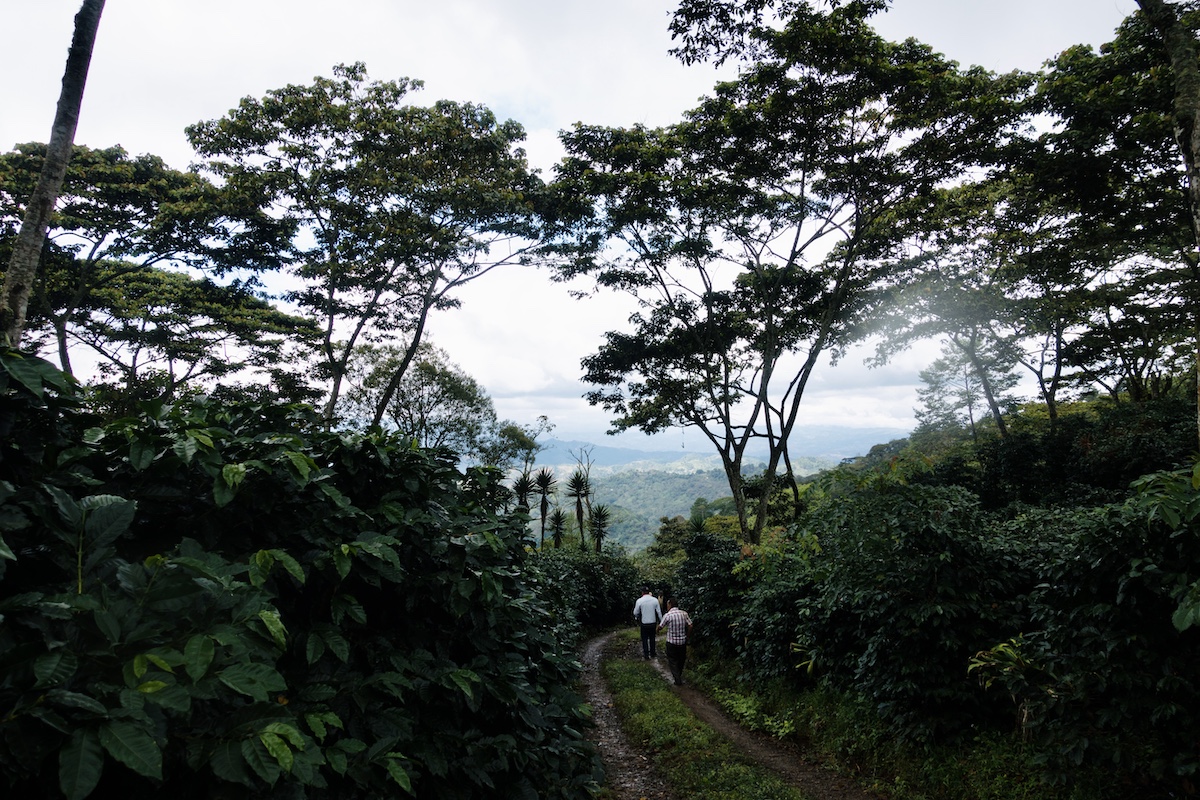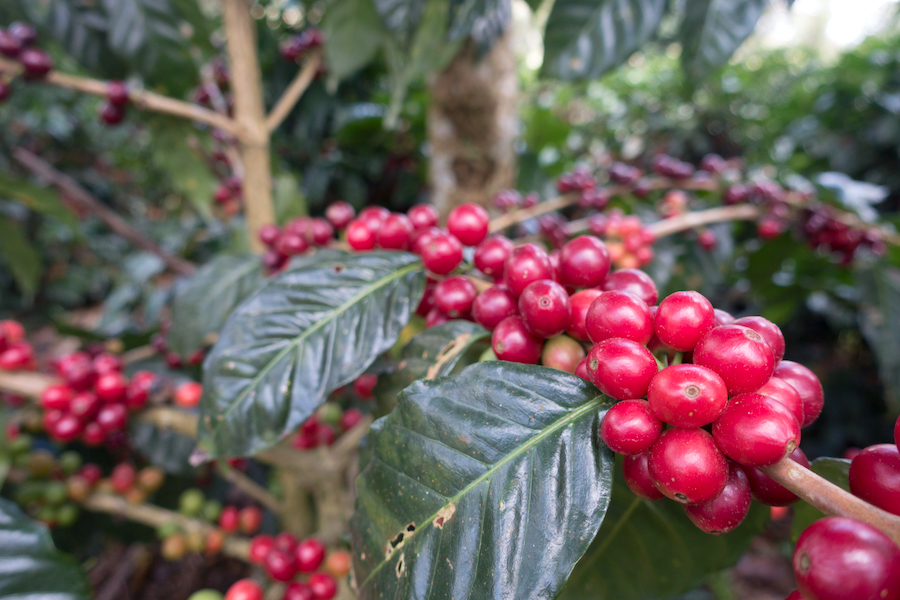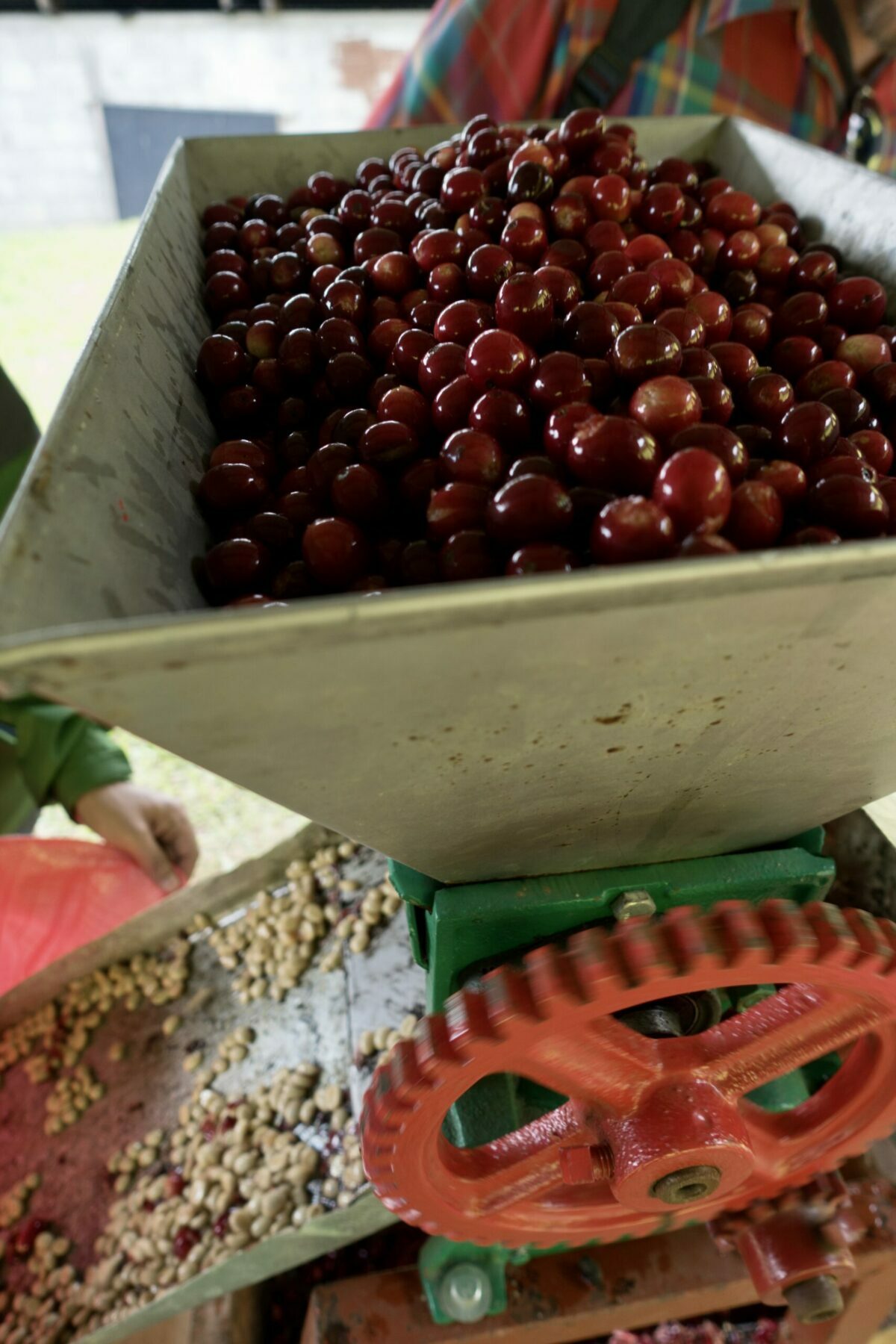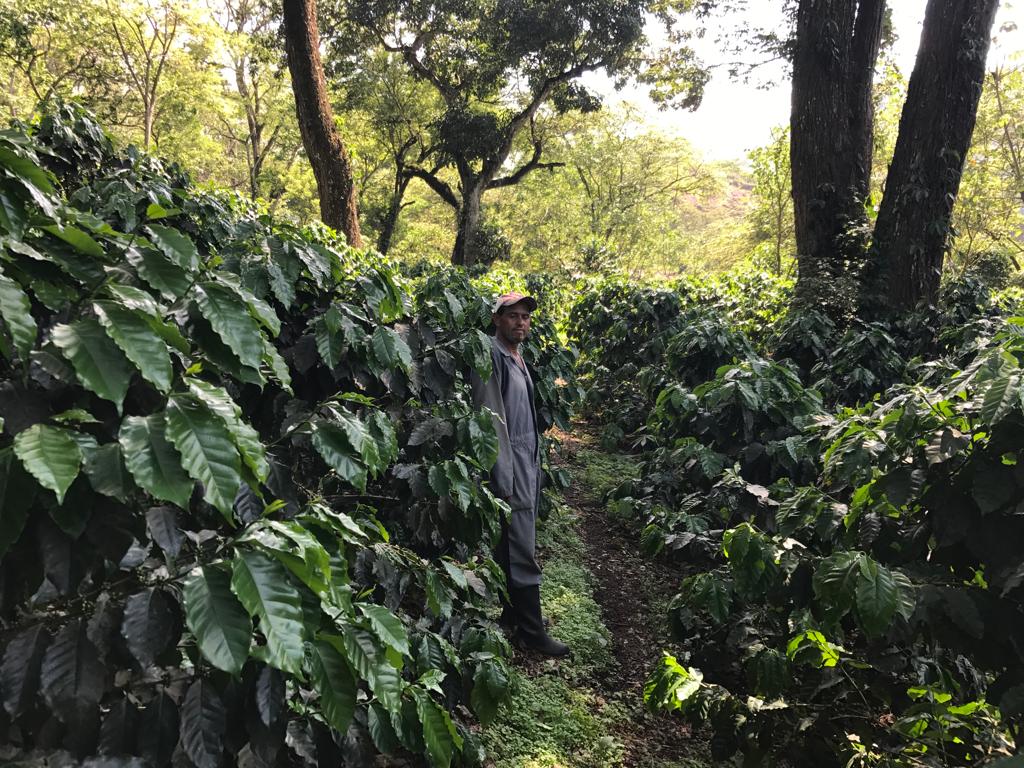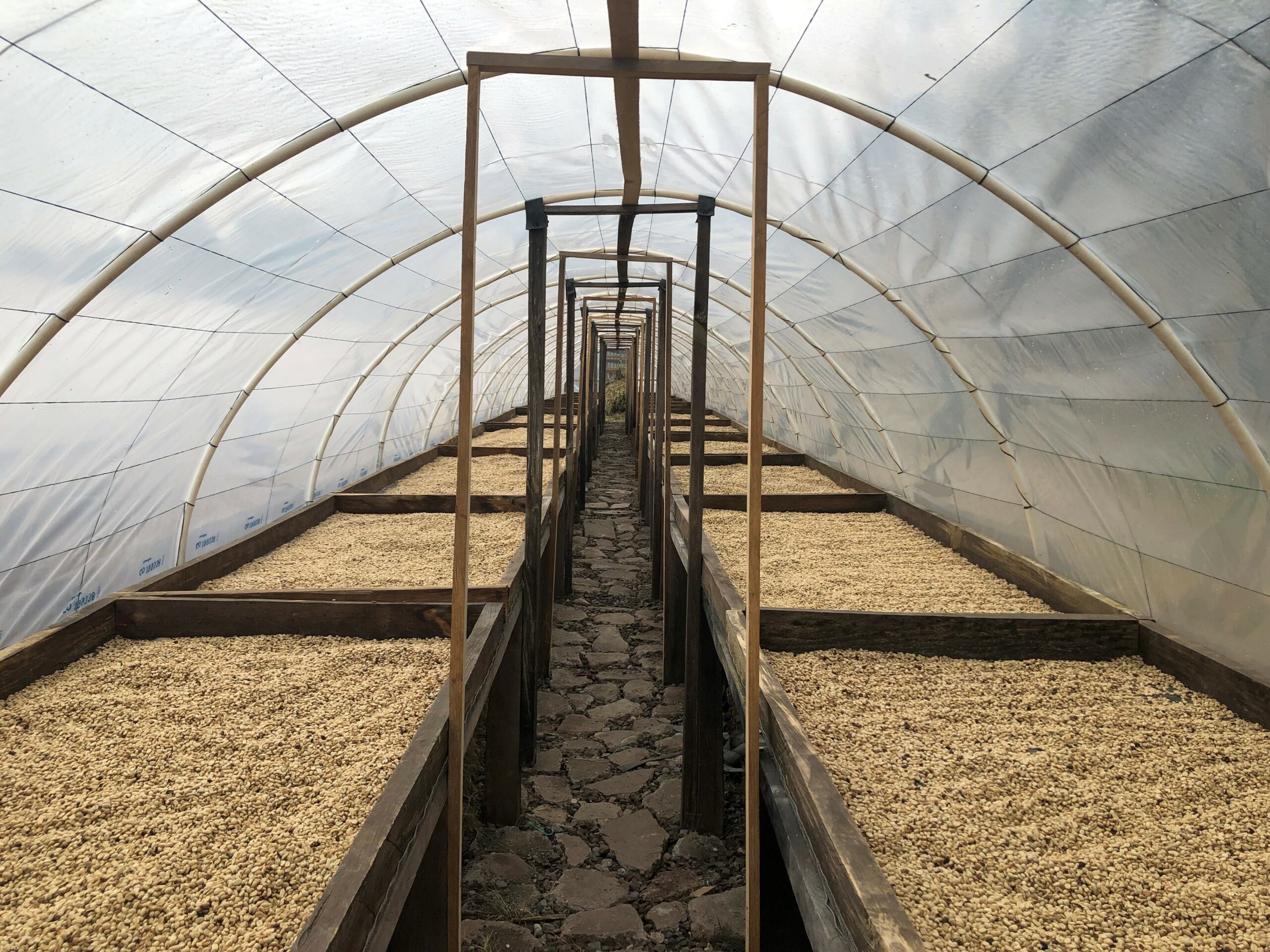Over the last two decades, Honduras transformed the quality of its coffees, and thus its reputation as a coffee origin, thanks to government incentives and the hard work of producers, exporters and farmer-support organizations. In 2011, Honduras overtook Guatemala to become the largest coffee producer in Central America, and today it ranks sixth globally among all coffee-producing countries.
The main coffee-producing regions in Honduras are Comayagua, Copan, El Paraíso, Ocotepeque, Opalaca, Montecillos and Santa Barbara. The regions’ highly varied geographies and climates result in an equal diversity of stunning cup profiles.
Understanding Coffee Grades
In Honduras, coffee is usually sorted into classifications based on altitude, namely SHG and HG. SHG stands for Strictly High Grown and specifies that the coffee was grown at an altitude around 1350 meters. Coffee grown at a higher altitude and lower temperature produces a slower maturing fruit and a denser bean; which creates a more desirable specialty cup; this classification is higher than HG.
EP, or European Preparation, specifies that the raw beans are all hand sorted to remove any defective beans and foreign material.
NKG Exporter, Becamo
Neumann Kaffee Gruppe (NKG) export company Becamo is one of the leading coffee exporters in Honduras, and in addition to quality is radically focused on the success and well-being of coffee producers. This was exemplified in the 2015 creation of the Becamo farmer-assistance program Recuperando mi Cafetal, which has since grown into NKG Bloom Honduras. Today, NKG Bloom efforts in Honduras are reaching more than 1,300 farmers and include a Farmer Services Unit (FSU) of 19 dedicated professionals.
In addition to working with our sister company Becamo, InterAmerican is proud to maintain longstanding relationships with a number of cooperatives. We’re pleased to offer a wide range of conventional as well as Fairtrade and Organic certified coffees from Honduras.
